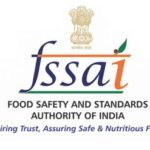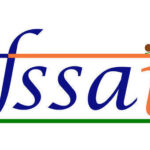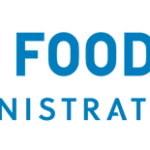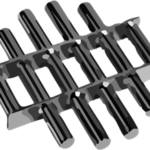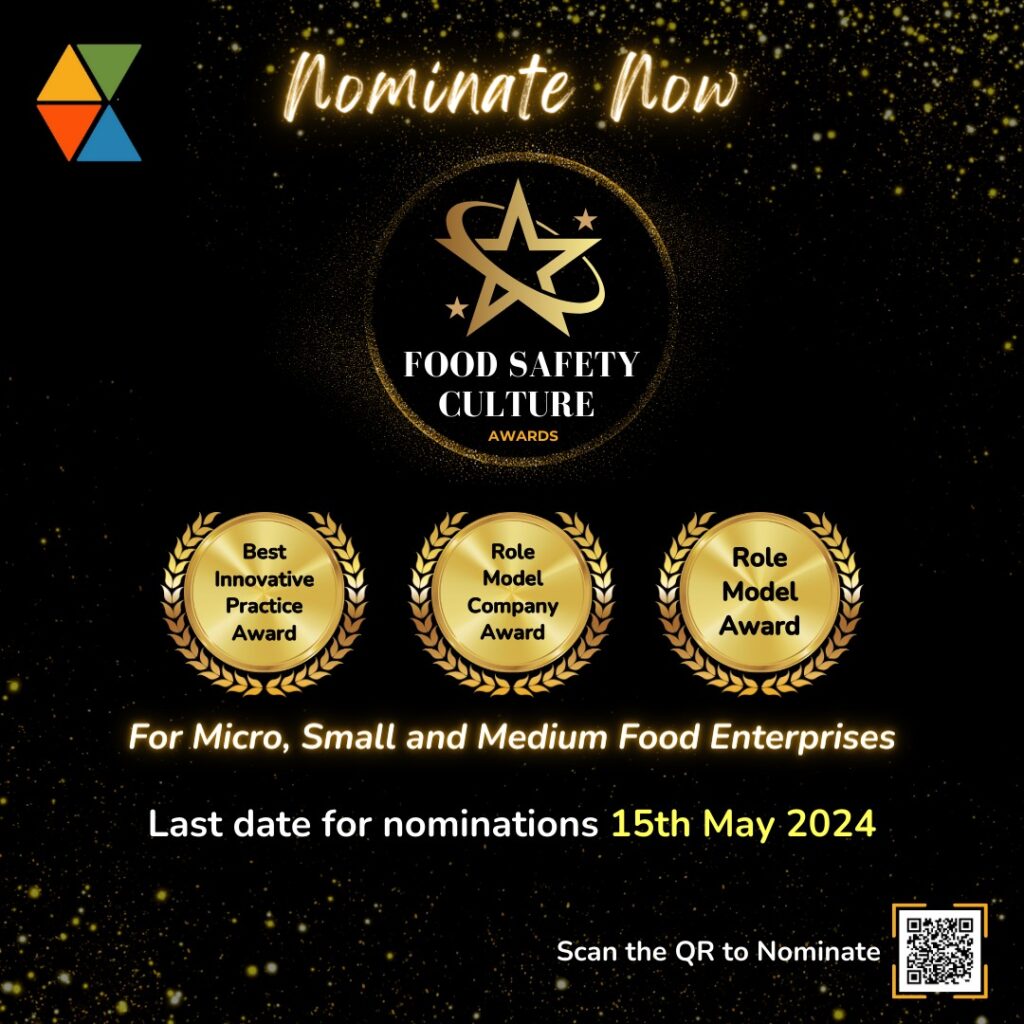Water is a crucial component of the food and beverage industry. It’s used in many parts of day-to-day operations, from cleaning raw materials to the incorporation of recipes.Many plants assume municipal water is clean and safe to use.Today, it’s necessary to monitor water quality and determine impurity levels before use.Water needs to be treated to ensure quality doesn’t affect the production process. Once used, all water leaving the plant must be treated to meet discharge limits.
 Water can be changed, altered and treated — both chemically and non-chemically — to meet quality standards. Chlorine disinfection is widespread, though it recently came under criticism due to toxicity concerns when pumped back into freshwater. Non-chemical treatments are also a viable way to clean impurities from water with methods like Reverse osmosis, Ion exchange, Carbon filtration, Deaeration, Settling, UV disinfection.
Water can be changed, altered and treated — both chemically and non-chemically — to meet quality standards. Chlorine disinfection is widespread, though it recently came under criticism due to toxicity concerns when pumped back into freshwater. Non-chemical treatments are also a viable way to clean impurities from water with methods like Reverse osmosis, Ion exchange, Carbon filtration, Deaeration, Settling, UV disinfection.
T he future of fresh water – Though the Earth is covered in water, access to safe drinking water is harder to come by. In fact, around 844 million people around the globe don’t have access to safe water. To improve sustainability, many industries are looking into water recycling and reuse strategies. While water scarcity is a major threat to businesses in the food and beverage sector, water conversation methods can limit their water footprint and help them operate more efficiently. Food processors can reuse water for landscaping, equipment washing, cooling towers and more. Treated wastewater never comes into contact with food. Industries have also recycled water to use in boilers, evaporators, chillers, dust control and irrigation systems.
he future of fresh water – Though the Earth is covered in water, access to safe drinking water is harder to come by. In fact, around 844 million people around the globe don’t have access to safe water. To improve sustainability, many industries are looking into water recycling and reuse strategies. While water scarcity is a major threat to businesses in the food and beverage sector, water conversation methods can limit their water footprint and help them operate more efficiently. Food processors can reuse water for landscaping, equipment washing, cooling towers and more. Treated wastewater never comes into contact with food. Industries have also recycled water to use in boilers, evaporators, chillers, dust control and irrigation systems.
Read the full article – https://www.newfoodmagazine.com/article/89676/water-treatment-industry-work For more food safety related articles and upcoming training visit https://staging.foodsafetyworks.com


